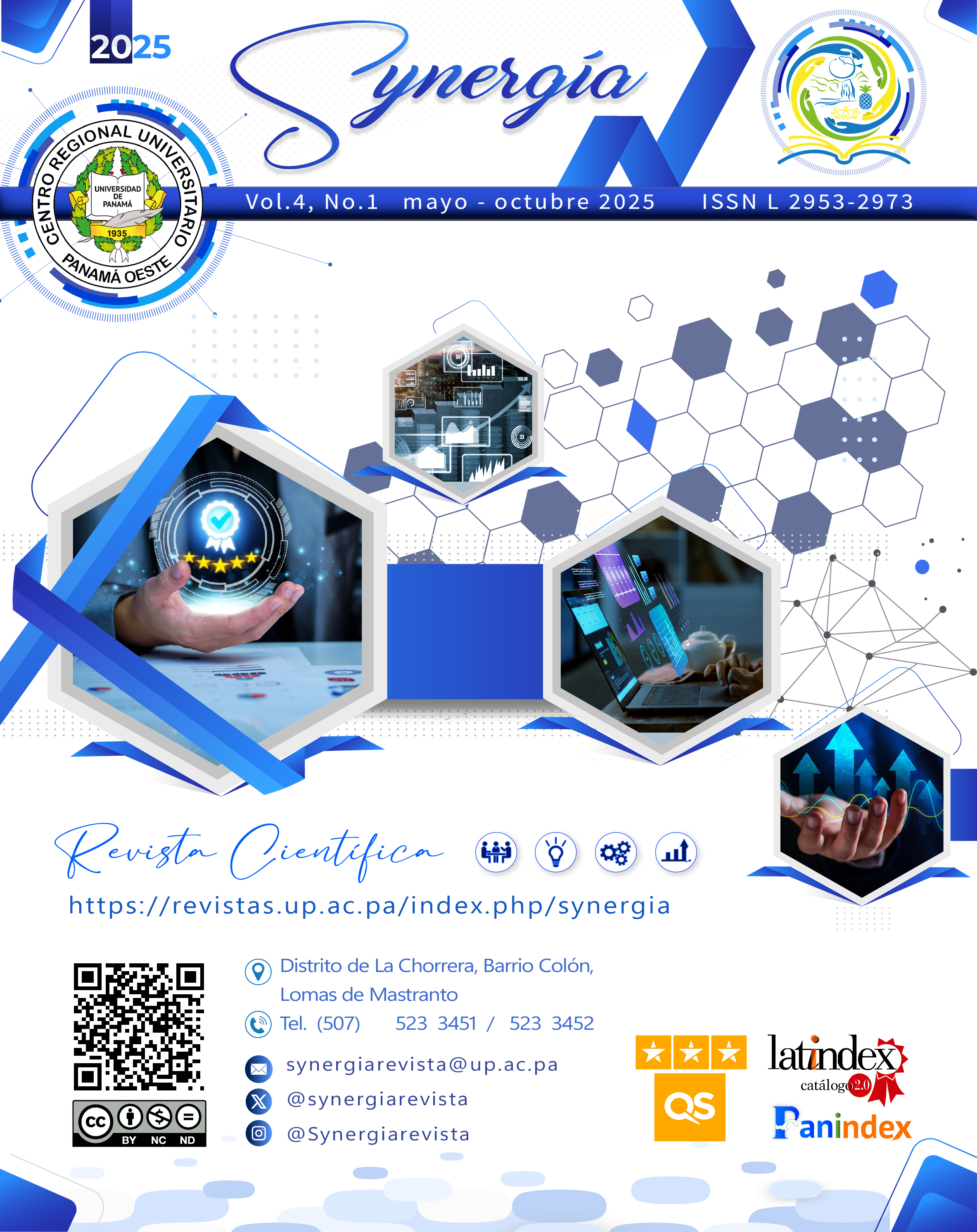

Copyright (c) 2025 Synergía

This work is licensed under a Creative Commons Attribution-NonCommercial-ShareAlike 4.0 International License.
This study analyzes the impact of Software Defined Networking (SDN) on traditional network management using a simulation and learning approach. The goal is to determine how SDN adoption can improve operational efficiency and flexibility in conventional network management. The research is structured in stages: Theoretical analysis through an exhaustive documentary review to conceptualize SDN and its impact on traditional networks. To compare performance and management between SDN networks, simulations were performed using Mininet, a network emulation tool widely used in SDN research. The research results indicate that the adoption of SDN can lead to significant improvements in operational efficiency, especially in the configuration and handling of network traffic. These results underscore SDN's ability to simplify and streamline network management processes, providing greater flexibility and control. However, several challenges were also identified, such as interoperability with existing network equipment and the need for specialized technical training for IT staff. Adopting SDN in traditional networks can provide great benefits in terms of efficiency and flexibility. The study's findings highlight the importance of careful planning and ongoing training for a successful transition to SDN in traditional networking environments. It is recommended that you consider these critical factors when planning your SDN implementation to maximize the potential benefits and minimize the associated risks. This study provides a solid foundation for future research and practices in SDN integration, both offering an overview of its advantages.